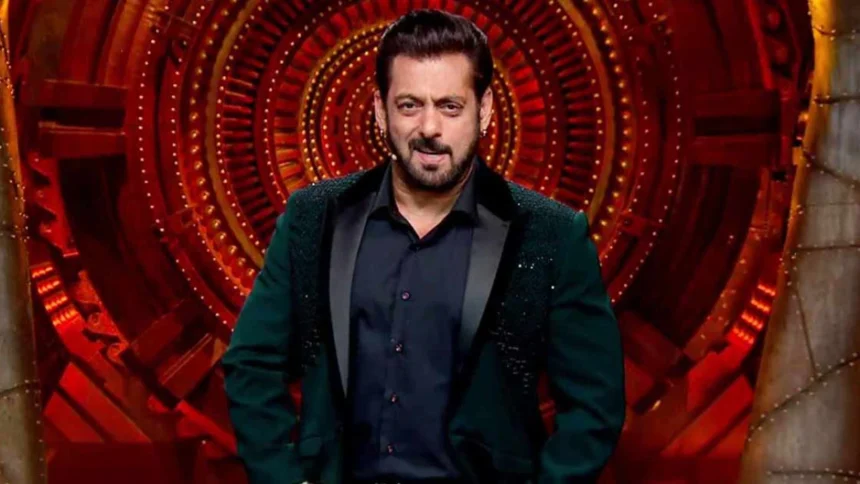Reality television has become a ubiquitous part of our entertainment landscape, and one show that has left an indelible mark on the genre is “Bigg Boss.” Originating from the Dutch show “Big Brother,” this Indian reality TV series has captured the hearts and attention of millions since its debut in 2006.
“Bigg Boss” follows a unique format where a group of diverse contestants, often celebrities from various fields, live together in a specially designed house for a fixed duration. The house is equipped with cameras and microphones, ensuring that every moment of the contestants’ lives is captured. The twist lies in the fact that the contestants are isolated from the outside world, and their interactions, conflicts, and camaraderie are broadcasted 24/7.
A key element of the show’s success is its charismatic hosts. Over the years, “Bigg Boss” has been graced by the presence of renowned personalities like Salman Khan, who has become synonymous with the show. The host plays a pivotal role in mediating conflicts, announcing tasks, and, most importantly, evicting contestants. The Bigg Boss latest season has been making lots of buzz around.
“Bigg Boss” is renowned for its ability to generate controversies and drama. The confined environment and the diverse backgrounds of the contestants create a breeding ground for conflicts. From heated arguments to unexpected alliances, the show thrives on the unpredictability of human behavior.
To keep the contestants engaged and the audience entertained, “Bigg Boss” introduces a variety of tasks and challenges. These tasks often test the physical and mental endurance of the participants, leading to strategic gameplay and alliances.
Every week, contestants nominate each other for eviction, and the audience votes to decide who stays and who leaves. This democratic process adds an interactive element, making viewers feel like active participants in the show.
Impact on Pop Culture:
“Bigg Boss” has become more than just a television show; it’s a cultural phenomenon. Dialogues, catchphrases, and memorable moments from the show often become part of mainstream conversations. The controversies that brew within the house spill over into social media, creating a buzz that extends beyond the television screen.
Despite its popularity, “Bigg Boss” has faced its share of criticism. Some argue that the show sensationalizes conflicts for entertainment, while others question the impact on the mental health of contestants. The balance between providing entertainment and maintaining ethical standards is a constant debate.
The success of “Bigg Boss” in India has led to its adaptation in various other countries. The core concept of a group of people living together, cut off from the world, and competing in challenges has resonated globally, showcasing the universal appeal of reality television.
“Bigg Boss” stands as a testament to the enduring allure of reality TV. Its ability to captivate audiences, spark conversations, and create memorable moments has solidified its place in the annals of Indian television history. Whether you love it or hate it, there’s no denying the impact “Bigg Boss” has had on the way we consume entertainment.






